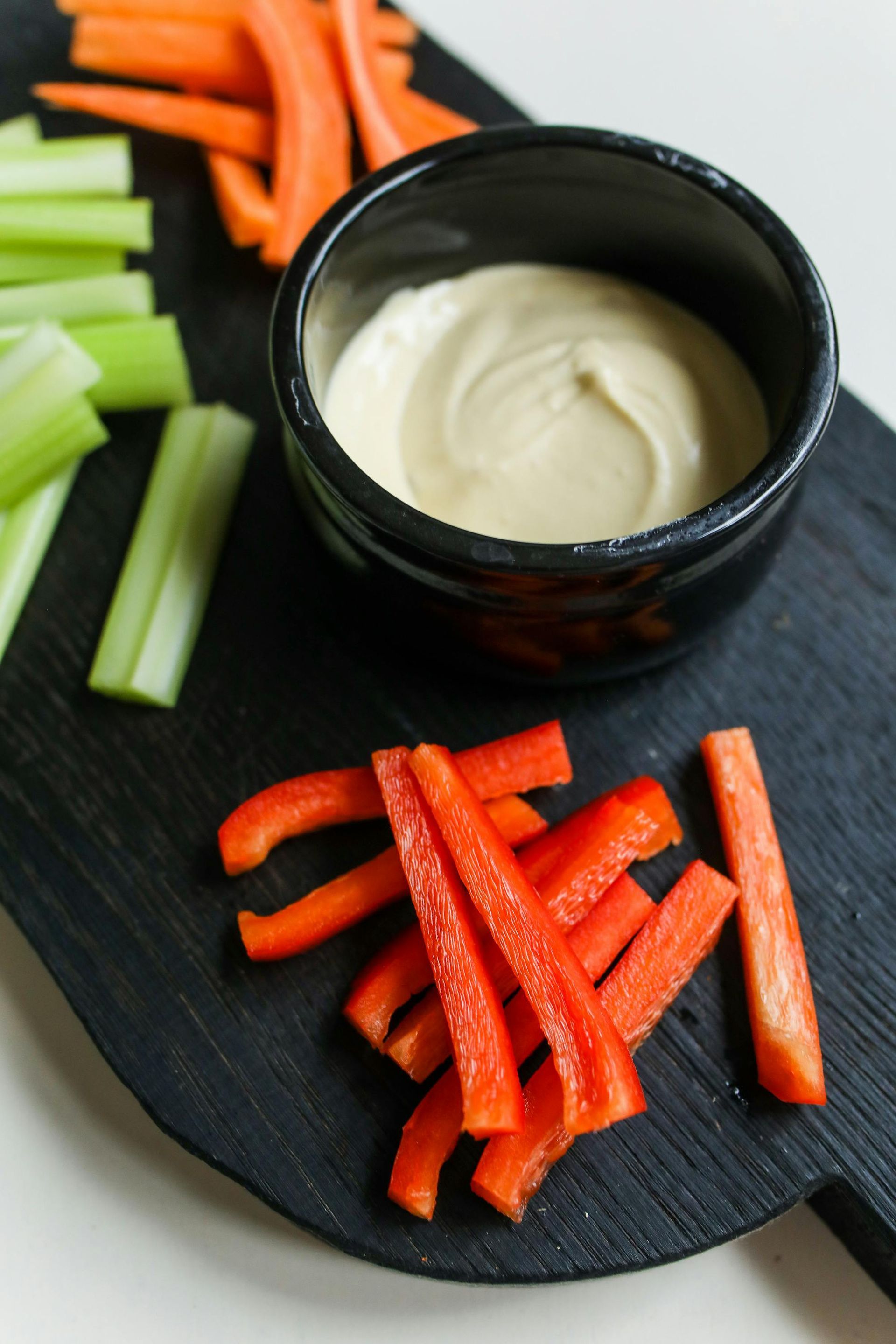Are you losing the same 10 lbs over and over?
Let’s chat a little bit about weight cycling. What am I talking about?
Have you lost weight a long time ago, then gained it all back and then some, and then lost half of that and kept it off for a little bit but then gained even more again?
Have you lost the same 5, 10 or 15 lbs over and over every year or two?
(For the record, we’re not talking about the normal 5lbs people fluctuate within a day just by what and when you eat/drink/workout/go to the bathroom.)
Any of those constant up and downs are weight cycling. And there’s now research showing that having your weight go up and down like that all the time from conscious weight loss efforts might actually be worse for your health than just staying at your heaviest weight to begin with. And that’s just your physical health, never mind the mental toll of seeing that weight come and go so much, and stressing about how to make it stick, or how to attack it again. (Pssst…. if you’re new, you might not know but I will not comment on your weight unless you are one of my clients and we’re discussing it specifically, and part of it is for this reason).
So what can we do instead?
We can focus on changes that represent health instead of weight. Yes, your weight might go up or down, but either way the goal is health. Eat veggies because you need vitamins, minerals and fibre. Exercise because it’s good for your heart and mental health. You get the idea.
The other thing we can do is make sure that any changes we make are ones that will stick, so you’re not “on an off the wagon” all the time and causing these big weight fluctuations. Whenever I’m working with a client and we’re trying to make changes, I ask them if they could continue with these changes for the next 18 months. Why 18 months? Because I want to know if they could do this forever, but forever is hard to wrap our heads around. 18 months is slightly more reasonable.
So I ask you this: whatever your nutrition and fitness practices are right now, can you do them for the next 18 months? Don’t just say yes and move on, please actually think about it.
Here’s what that could look like:
– Can I get to the gym 6 times a week for the next 18 months? Probably not due to injury, life, burnout, etc.
– Can I get some kind of exercise in at least 3 days a week or the next 18 months? Much more likely.
– Can I follow a restrictive low-calorie diet that involves cutting out my favourite foods for the next 18 months? Maybe, but there will be vacations and events and life happening. It’s very very hard to make this a consistent effort.
– Can I make an effort to incorporate veggies at snacks and at dinner most days for the next 18 months? Likely, especially if this is something you already do at least a little. Also notice I said “some”. If you miss a day, it’s fine, you just eat your veggies the next day, no beating yourself up.
So if any of this sounds like you, let’s think about whether what you’re doing is sustainable, and if it’s not, what we can do that will be sustainable. If you need help, or don’t know what that could or should look like, reach out! Ask your coaches, or book a 15-minute Bite Sized Nutrition Chat! Make sure that you’re setting yourself up to be successful and not losing the same 10 lbs over and over and over.



